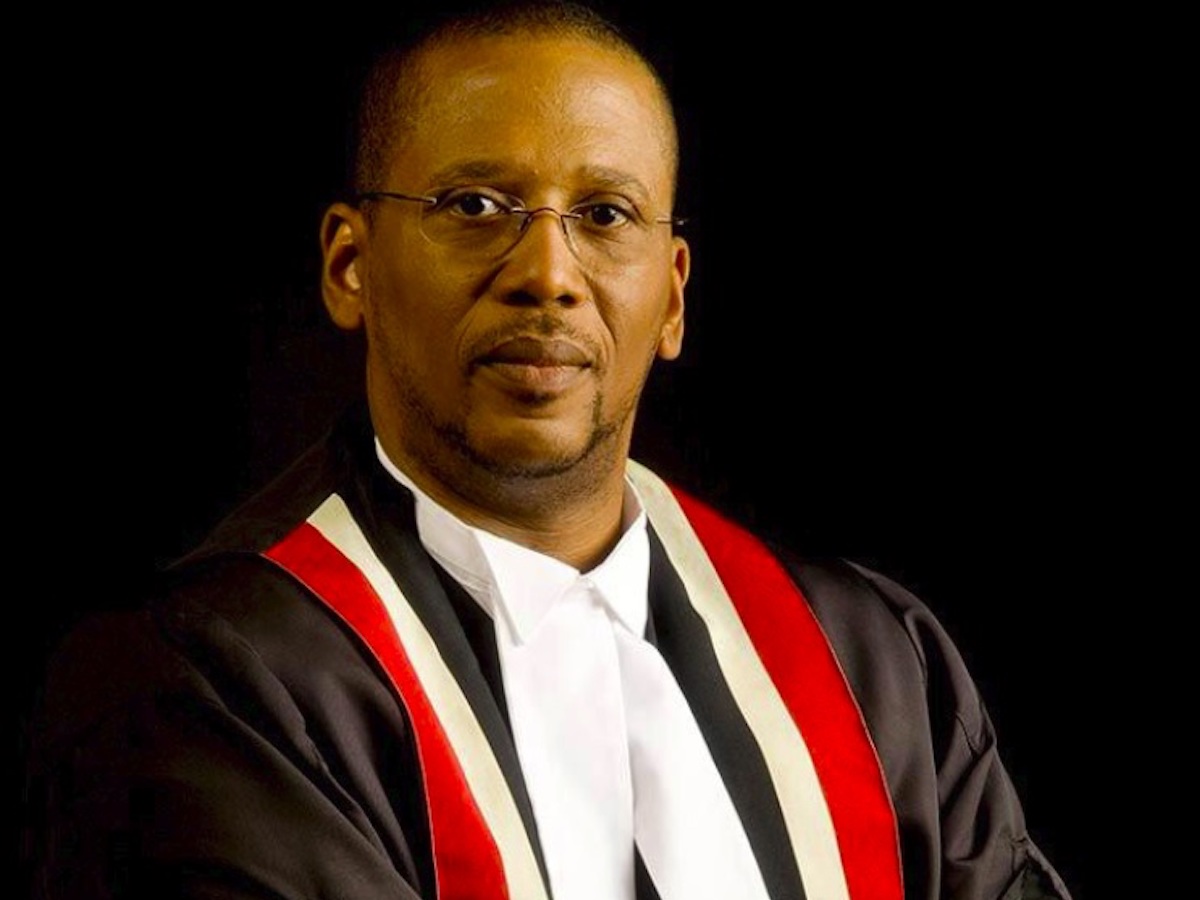THE T&T Football Association’s (TTFA) legal troubles are not over despite a judge’s recent ruling that the appointment of a normalisation committee by world governing body FIFA, to run the affairs of local football, was illegal.
Chief Justice Ivor Archie and Justice of Appeal Nolan Bereaux are, on Friday, expected to rule on a preliminary jurisdiction issue in an appeal by FIFA which can see the TTFA’s victory –which some have described as an own goal – last week being invalidated.
The appellate court has been asked to reconsider its application to set aside service and stay the proceedings in the local courts for the TTFA’s dispute to be heard before the Court of Arbitration for Sport (CAS.) FIFA has stuck to its position the only body to determine a dispute between it and member federations is the CAS.
The application was made before Justice Carol Gobin in May, but she denied FIFA’s request to have the dispute remitted back to the CAS and proceeded to trial, despite FIFA having lodged an appeal.
At Monday’s hearing of the appeal, Dr Emir Crowne, one of the attorneys representing the TTFA, said there was no dispute to send to the CAS since FIFA chose to frustrate its appeal by suspending T&T and the TTFA.
He said FIFA should not have suspended the TTFA until the appeal court ruled on the jurisdiction point.
“But by FIFA taking the extraordinary step to suspend while its own appeal was pending, they introduced their own frustration of the matter,” he submitted.
“There is no dispute left because of its own actions,” Crowne submitted.
However, he said if FIFA agreed to lift the suspension and agree to pay half the costs of the arbitration, then the TTFA would withdraw its appeal at the CAS and have the dispute over the legality of the appointment of the committee resolved in the Switzerland-based court.
At Monday’s hearing, Crowne, TTFA attorney Matthew Gayle and Senior Counsel Christopher Hamel-Smith, who represents FIFA, were questioned extensively on the CAS arbitration process by Archie and Bereaux.
Archie posed the question on FIFA paying half the cost of arbitration and on lifting the suspension since, according to him, “I am assuming the TTFA wants to retain its relationship with FIFA.”
“If these two things were to happen what would be FIFA’s position?” he asked.
Hamel-Smith said while he saw no reason why FIFA would not abide by its assurance to pay half the costs of arbitration, since he suggested it to the body, he said he could not speak to FIFA’s position on the suspension, pointing out that even if the suspension were to be lifted and the normalisation committee reintroduced, there was last week’s judgment of Justice Carol Gobin which prevented them from doing so.
Both teams were urged by Archie to explore the issue amongst themselves before they give their decision on Friday at 3 pm.
However, in response to a possible reintroduction of the normalisation committee which would lead to arbitration before the CAS, Crowne submitted added that to return to the arbitration process would be unconscionable. He urged the judges to protect the sovereignty of the local courts since, according to the TTFA's attorney's , external interference in a statutory body must be subject to the courts of T&T.
On March 17, FIFA removed TTFA’s president William Wallace and his executive (deputies Clynt Taylor, Susan Joseph-Warrick and Joseph Sam Phillip) who were elected in November 2019. FIFA said the decision was made because of the association’s financial woes and “massive debt.”
But in April, the ousted executive appealed to the CAS, saying the decision was a breach of the TTFA’s constitution.
The team later indicated it did not believe CAS would give a “fair hearing”. Instead – on May 18 – they appealed to the local High Court.
Crowne said the main reason why the TTFA withdrew the proceedings before the CAS was because FIFA said it would not pay half the costs. He accused FIFA of mandating member federations to go to the CAS, but refusing, on policy, to pay part of the fees.
He said by doing so, the TTFA was being denied access to justice.
“They are saying ‘you must go to CAS but we won’t pay our share of the arbitration cost’ especially in a case where a federation is mismanaging its funds,” said Crowne.
However, he said he did not see an issue with the impasse being heard and resolved at the CAS
Earlier in the proceedings, Hamel-Smith said Gobin was wrong when she found the High Court had the jurisdiction to hear the matter, adding that it was clear that under the TTFA’s constitution, disputes of this nature would be taken to the CAS.
He pointed out that the TTFA Act incorporated the FIFA statute that called for such a move when disputes arise.
“This does not mean that FIFA is above the law.
“CAS has exclusive jurisdiction. The TTFA cannot ignore the terms of its own Constitution,” he said.
Hamel-Smith pointed out that if the TTFA wished to remove that restriction, then it would have to amend its constitution to give effect to it, but said if that was done, it would mean that TTFA no longer wished to operate under a FIFA constitution.
“As long as the TTFA has not amended its constitution, it has committed itself to go to the CAS… It is not good enough for individuals to get up one day and say ‘we want to try this in the T&T court in the face of what its own Constitution say,’” he said.
SOURCE: T&T Newsday
